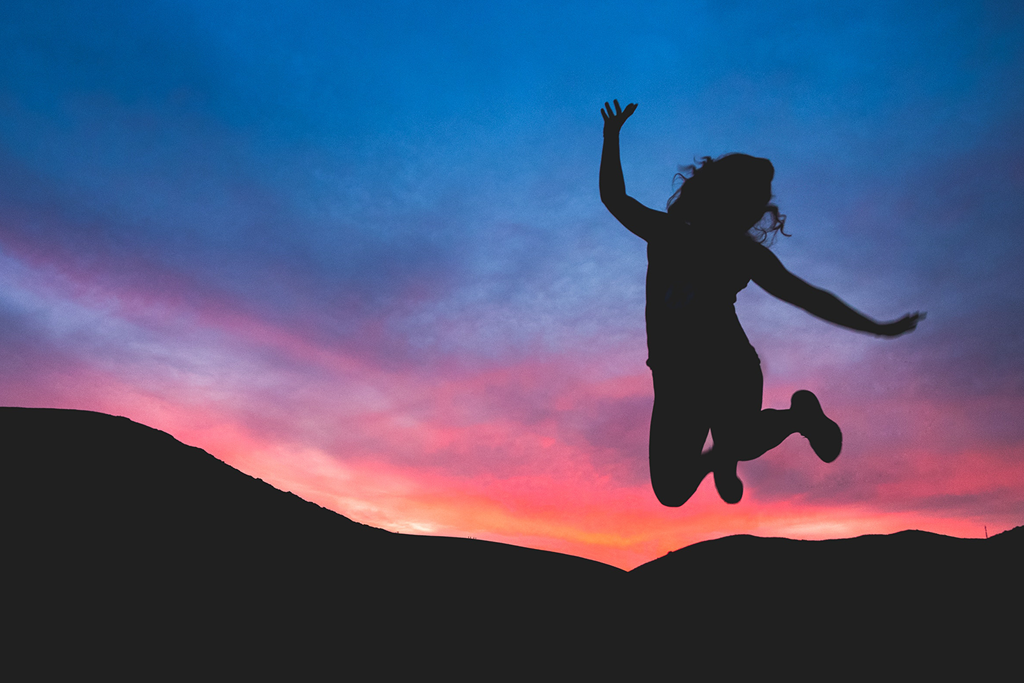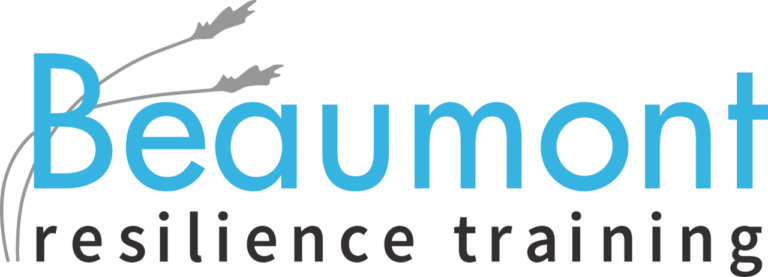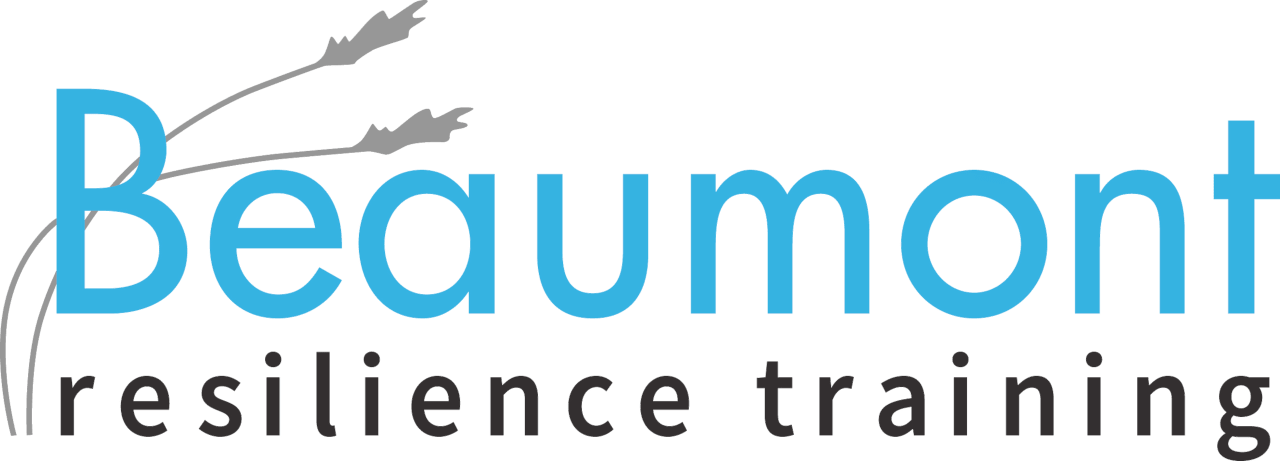

Self-care, self-awareness, mindfulness, respectful relationships, and a sense of purpose are the five foundations of Resilience.
We can increase our overall Resilience by focusing on fortifying these foundations. The five pillars help us rise above the confusion we experience in times of stress, rather than letting it drag us down.
This article focuses on the first pillar, “Self-Care,” which is very important yet often overlooked.
Self-Care Routines
We’re all different, yet most of us aren’t doing nearly enough to accommodate those differences. Instances of this include:
- People can only go for a certain amount of time without becoming exhausted. Too much focus on career advancement and professional status, not to mention everyday workloads, may lead to burnout and exhaustion for many professionals and executives today. Breaking up your work with short, frequent breaks (the Pomodoro method, for example) may have a significant positive impact.
- Keeping active is crucial since it helps us meet this demand while increasing our stamina, strength, and overall vitality. It has a calming effect on the body and mind and promotes restful sleep.
- Researchers have shown that practising gratitude benefits our health, happiness, relationships, and overall quality of life. Practising thankfulness, such as sending a letter of thanks to a mentor or keeping a gratitude notebook every night, may have profound and long-lasting consequences.
- Find something you like doing and make it a regular part of your schedule. It doesn’t matter what it is; it may be gardening, puzzles, podcasts, or anything else. One of my favourite hobbies is reading, and I’ve found that when I’m feeling low, it’s usually because I haven’t made time to read. What we learn and where our imaginations might lead us are both expanded by the act of reading.
- Mindfulness and meditation. Jon Kabat-Zinn describes mindfulness as the “consciousness that emerges via paying attention, on purpose, in the present moment, and without judgement”. Benefits to mental and physical health, as well as enhanced performance, have been discovered via mindfulness techniques.
- We can’t exist as living, breathing organisms within a static environment. Light and air are crucial. Taking breaks outdoors, whether they be walks, hikes,runs, bikes, or visits to the park, is essential if our days are packed with Zoom meetings and emails.
- We’ve all heard the saying, “you are what you eat,” but how many of us believe it? If we want our bodies to be strong and energetic, we must feed them well. Nutrition Facts, the website of Dr Michael Greger, and his publications, beginning with How Not to Diet, are some examples of excellent resources for anyone looking to improve their eating habits.
- Researchers claim that humans have a negativity bias, whereby we overemphasise the bad and undervalue the good. Shifting perspective from failures or losses to challenges or chances is crucial (e.g., for learning and growth).
- Sanctuary refers to a place or activity that allows us to quiet our minds and feel connected to a greater whole. How potent it is to tune into a higher force, to realise that there is something so much larger than ourselves with our faults and brokenness in a society driven by ego, acquisition, and stress.
For meaningful Resilience training and more info on how better to develop yourself. Visit our helpful resources.

